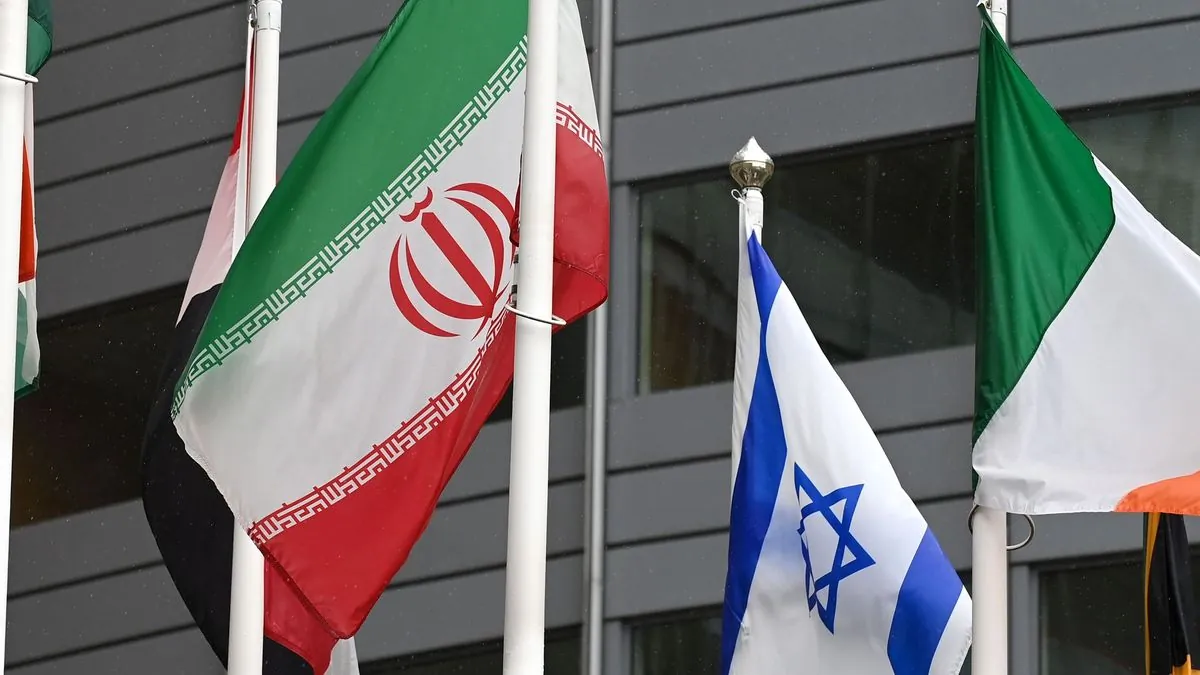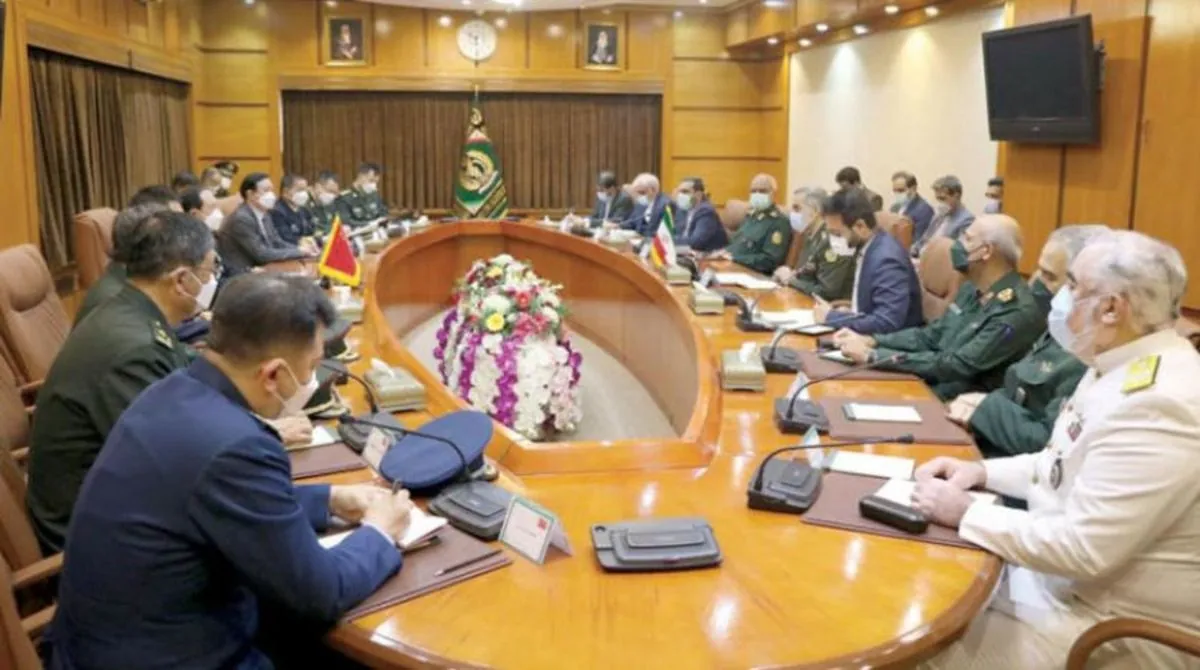Iran Hints at Delayed Retaliation Against Israel, Easing Immediate Tensions
Iran signals potential postponement of its response to the assassination of a Hamas leader in Tehran, temporarily alleviating fears of regional escalation. Diplomatic efforts for a Gaza cease-fire continue.

Recent statements from Iran suggest a potential delay in its promised retaliation against Israel, temporarily easing concerns about an imminent regional conflict. The tension stems from the assassination of Hamas leader Ismail Haniyeh in Tehran on July 31, 2024.
Iran's mission to the United Nations issued a statement emphasizing the need for a carefully calibrated response. The mission stated, "The timing, conditions, and manner of Iran's response will be meticulously orchestrated to ensure that it occurs at a moment of maximum surprise." This approach aims to balance the desire for retaliation with the need to avoid disrupting ongoing cease-fire negotiations in Gaza.
The assassination of Haniyeh, who had been leading Hamas's political bureau since 2017, heightened regional tensions. Iran, a long-standing supporter of Hamas, has provided financial and military aid to the organization since its founding in 1987. The incident occurred against the backdrop of the complex Israeli-Palestinian conflict, which has its roots in the mid-20th century.

In April 2024, Iran launched its first direct attack on Israel, firing numerous missiles and drones. This unprecedented action demonstrated Iran's advanced drone technology and tested Israel's sophisticated missile defense system, known as Iron Dome. The current situation, however, suggests a more cautious approach from Tehran.
U.S. Secretary of State Antony Blinken is currently engaged in shuttle diplomacy between Israel, Egypt, and Qatar, working to broker a cease-fire between Israel and Hamas. The proposed agreement includes a six-week pause in hostilities, the release of hostages and detainees, and the withdrawal of Israeli forces from major population centers in Gaza.
This diplomatic effort occurs within the context of the Gaza Strip's ongoing blockade by Israel and Egypt, which has been in place since 2007. The United Nations Security Council has passed numerous resolutions regarding the Israeli-Palestinian conflict, highlighting the international community's ongoing concern.
"Perhaps when their eyes are fixed on the skies and their radar screens, they will be taken by surprise from the ground—or perhaps even by a combination of both."
The situation remains complex, with Iran balancing its desire for retaliation against the risk of escalating into a wider conflict. The international community, including the United States, continues to play a crucial role in mediating tensions and seeking peaceful resolutions in the region.
As diplomatic efforts continue, the world watches closely, aware that the delicate balance of power in the Middle East can shift rapidly. The coming weeks will be critical in determining whether the region moves towards de-escalation or faces renewed conflict.


































